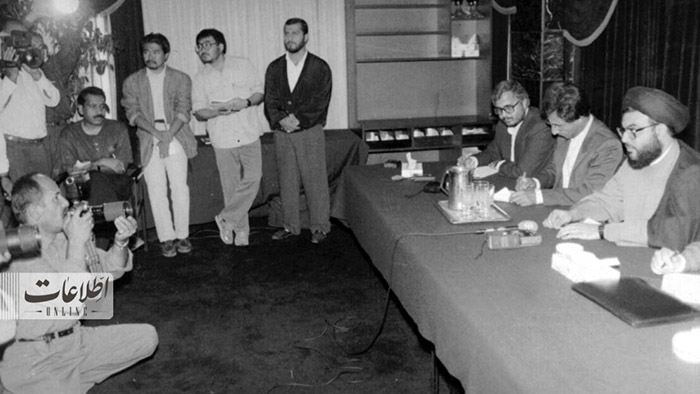In Israel, it was increasingly debated whether the presence of Israeli forces in southern Lebanon was working, since it was clear that the ‘security zone’ could not stop Hezbollah rockets reaching into Israel. After heavy Israeli casualties in south Lebanon, some Israeli politicians argued that the conflict would only end if Israel withdrew from Lebanon. In 2000, Ehud Barak withdrew Israeli forces from Lebanon. After the Israeli withdrawal, the South Lebanon Army (SLA), which was supported by Israel, was quickly overrun by Hezbollah. Some SLA members escaped to Israel, but many were captured by Hezbollah. That success against Israel greatly increased Hezbollah’s popularity within Lebanon and the Islamic world.
As a result, Nasrallah was credited in Lebanon and the Arab world for ending the Israeli occupation of the South of Lebanon, something which has greatly bolstered the party’s political standing within Lebanon.[18] Nasrallah played a major role in a complex prisoner exchange deal between Israel and Hezbollah in 2004, resulting in hundreds of Palestinian and Lebanese prisoners being freed and many human remains, including that of his son, being returned to Lebanon. The agreement was described across the Arab world as a magnificent victory for Hezbollah, and Nasrallah was personally praised for achieving these gains.

